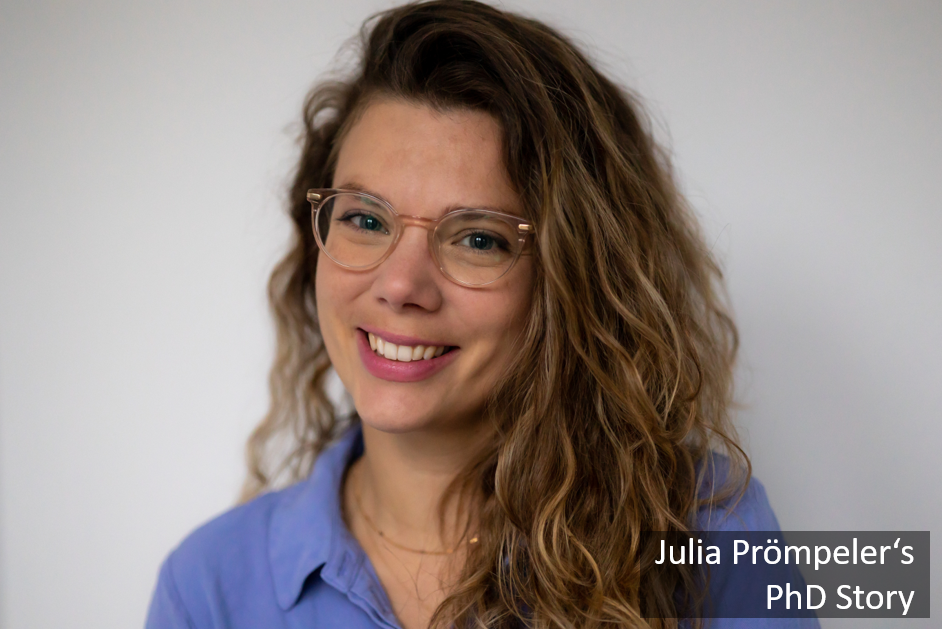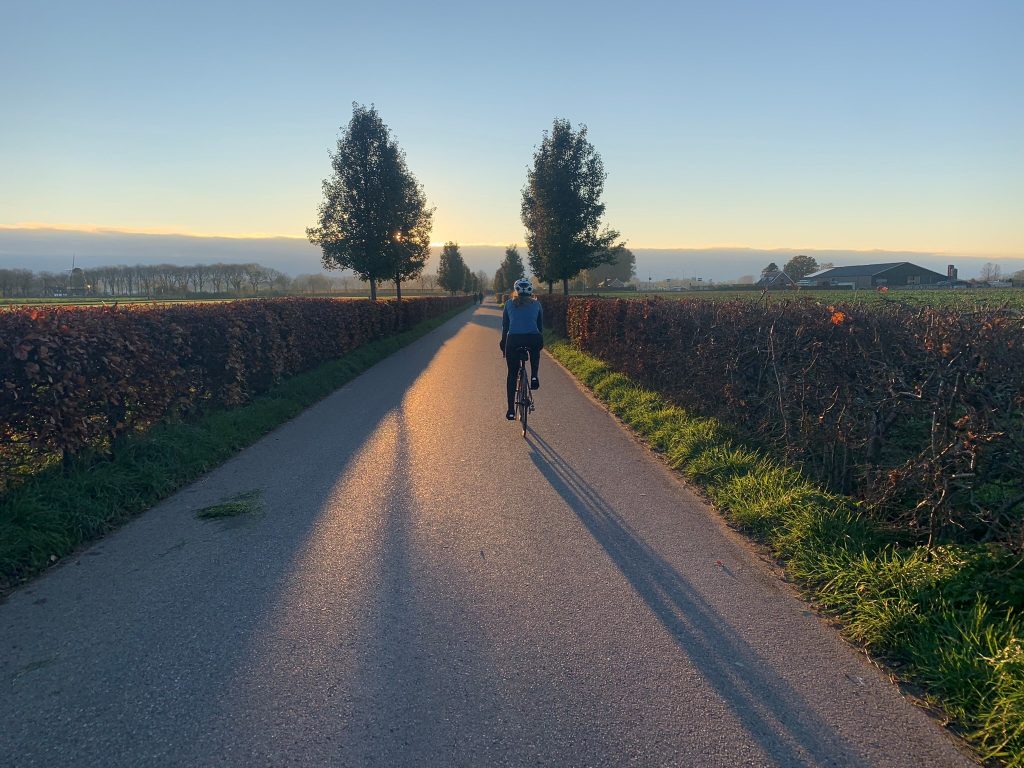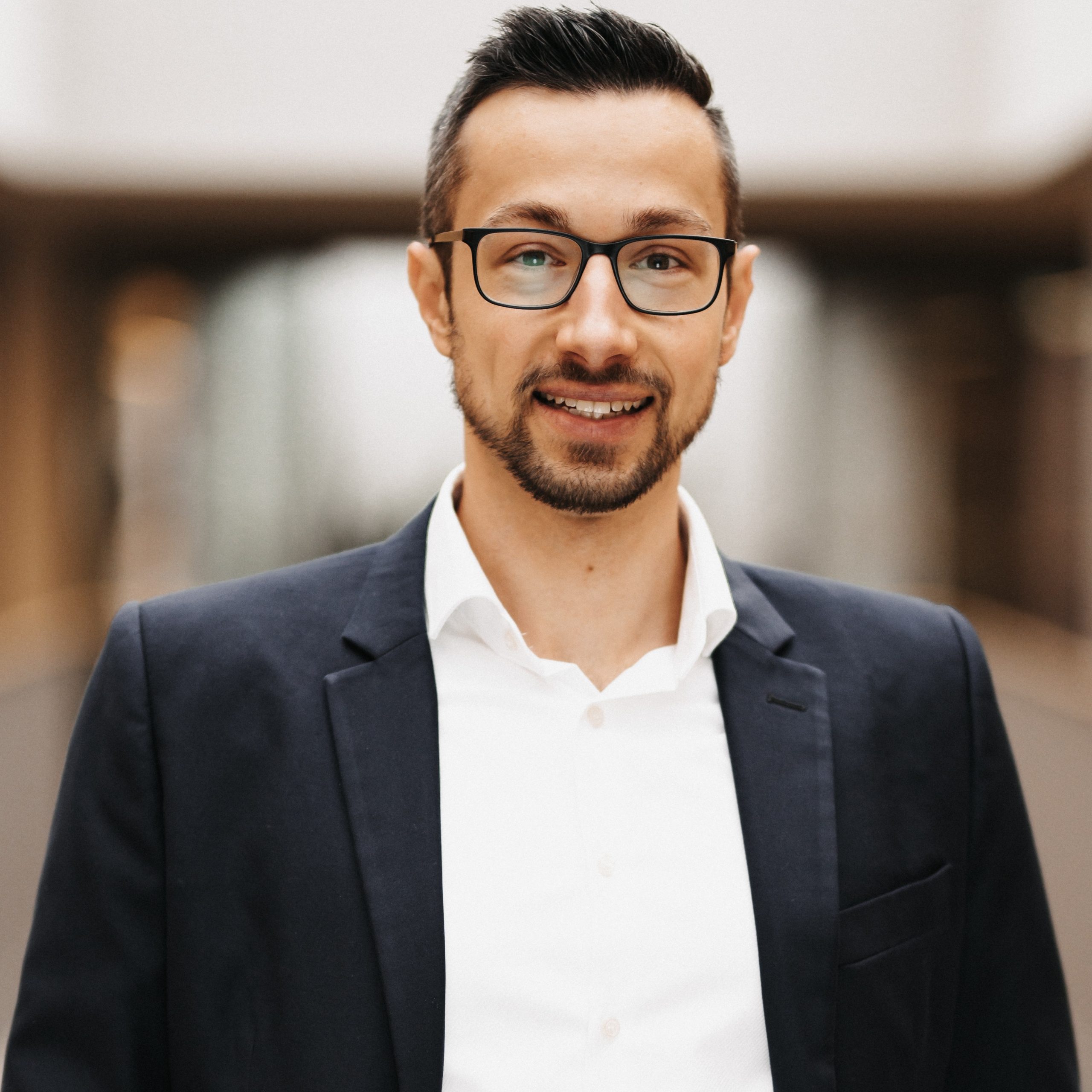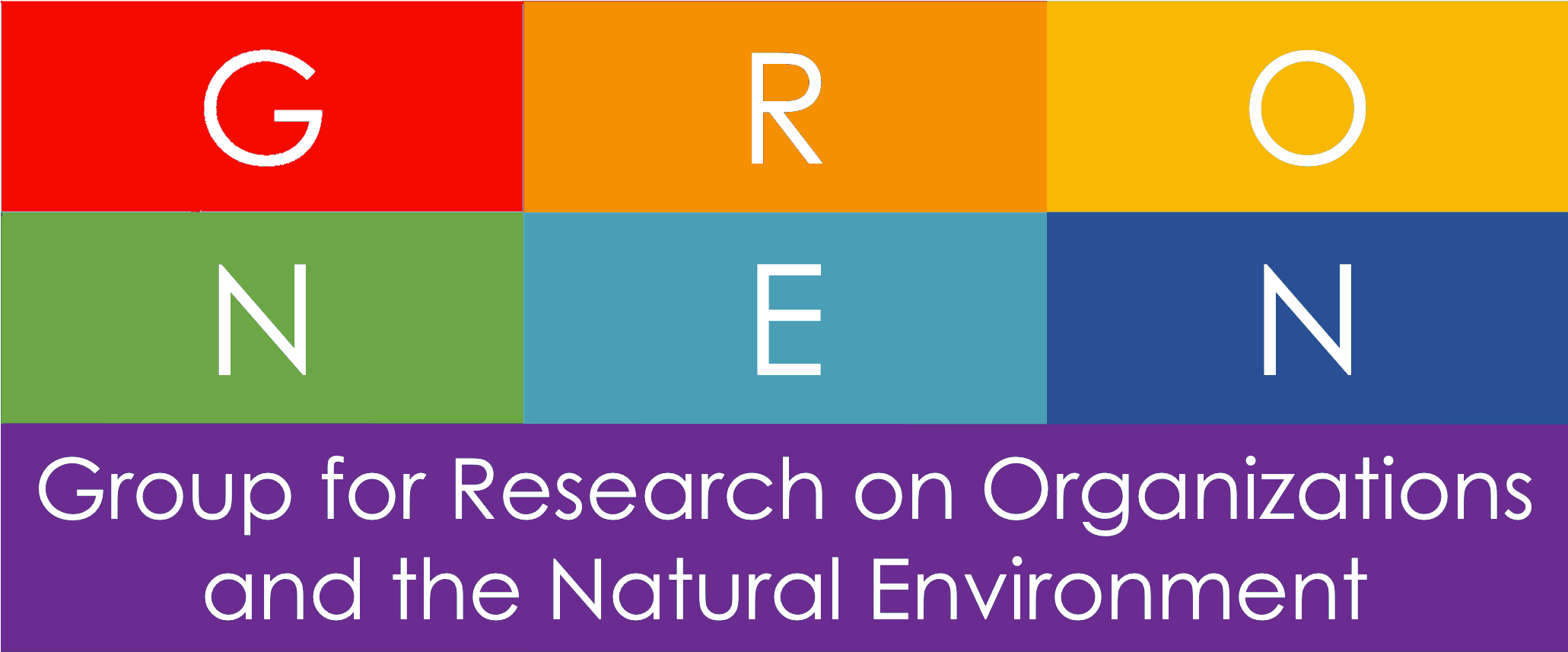
Julia B. Prömpeler is a PhD student at Faculty of Economics and Business of the University of Groningen in the Netherlands.
Her research focuses on behavioral approaches towards understanding ESG in director and board decision making.
Currently, she is about to finalize her thesis, before entering the job market in the industry.
Here is Julia’s story.
What are the top three highlights, professional skills, or other experiences you have had during your time as a PhD student?
My first highlight was the first conference that I attended. It was back in 2019, where I went to the Strategic Management Society in Las Vegas. That was my first time presenting to a larger group and meeting other scholars from my field. I really enjoyed meeting scholars from all over the world – and especially doing so in the environment that Las Vegas provides.
My second highlight might be when I got my first results back. Since it takes quite some time to develop an idea, conceptualize, collect the data, etc. It’s quite satisfying to finally be able to analyze the data and see if your initial idea has had some substance that aligns well with your storyline.
My third highlight was the first time I received a “Revise and Resubmit” for one of my papers. It’s great to get some external validation that what you are doing is good. Meaning that even outside your own (research) bubble, people value your idea.
What inspired you to pursue a PhD?
I think I’ve always been a person who likes to think very deeply and elaborately about problems – to the level where some people can get annoyed about how deeply I like getting into topics. So, when I thought about pursuing a PhD, I felt like it could be a good fit because the PhD requires something I do anyway.
Additionally, I have a background in business psychology. So, the idea of investigating social psychological processes within board members and understand better what is going on there was very excited for me.
How would you summarize your research project(s) in a short title?
The working title currently is “Behavioral approach towards understanding ESG in director and board decision making”.
In brief, what is the empirical method/context you are adopting in your thesis?
I mainly use survey data that we collected from directors and CEOs. In some surveys incorporate social experiments.
Can you describe a “eureka moment” you might have had during your PhD?
I think it was when I first talked with someone outside of academia about my research topic. That made me realize how much knowledge we are accumulating as part of a PhD that we are not aware of. I explained to someone from industry what I do, and their response and questions made me more realize how much value there is in what I do and that I know more about the topic than I’m sometimes aware of. It was basically realizing that I’ve become an expert in a topic and others value what you know about it.
What three tips would you offer to new PhD students in your field?
- “Find your own group!”. This can be either in your own university, in your country or even internationally. Having a peer group of PhDs that is interested in the same topics as you is really valuable. It really helped me to exchange ideas and thoughts among each other, recommend articles and events, have reading circles or just share struggles. I started to do this rather late, because in the Netherlands we have the department structure and in my department we have around 20 PhDs that I get along with great but that mainly work on different topics. Because of that group, I felt like I already have a peer group. And while I’m really grateful about the department group, it was extremely nice and beneficial to also have peers with the same topics/interests. The conversations are so different and the way you can help each other is also so different, so I would recommend everybody to find yourself that group.
- “Celebrate the small successes!”. A PhD is full of setbacks, revisions or receiving rejections. So, whenever you have reached a sub-goal along the way, pause a second and reward yourself for reaching this goal you’ve worked towards.
- It might sound somewhat cheesy or stereotypical, but it really is true that “a PhD is a marathon, not a sprint”. Distribute your energy wisely. You will not complete your PhD in a year even if you spend every weekend working on it. In the long run, working every weekend is not sustainable. So, also take time off and re-charge.

What hobbies or interests do you enjoy outside of work?
I love doing outdoor activities. Mostly, I do bouldering and mountain climbing (which is somewhat ironical given that I live in the Netherlands which are completely flat) [laughs]. So, I adapted and got into race cycling, which is perfect around here.
In one or two sentences, what does the GRONEN community mean to you?
To me, it added a sense of belonging. Relating to one of my tips, GRONEN helped me find my peer group, and it was really nice to see how big the group of scholars is that is invested in similar topics.
What’s next for you?
I will be finishing my PhD – the end is getting close. Then, I will defend and look for a job in the industry, where I would like to put my knowledge into the field and to test.

Benedikt Brand works as post-doctoral researcher at the chair for Marketing & Innovation (Prof. Dr. Baier) at the University of Bayreuth (Germany).
